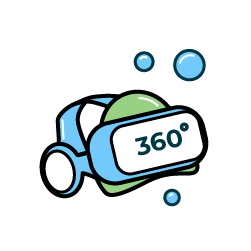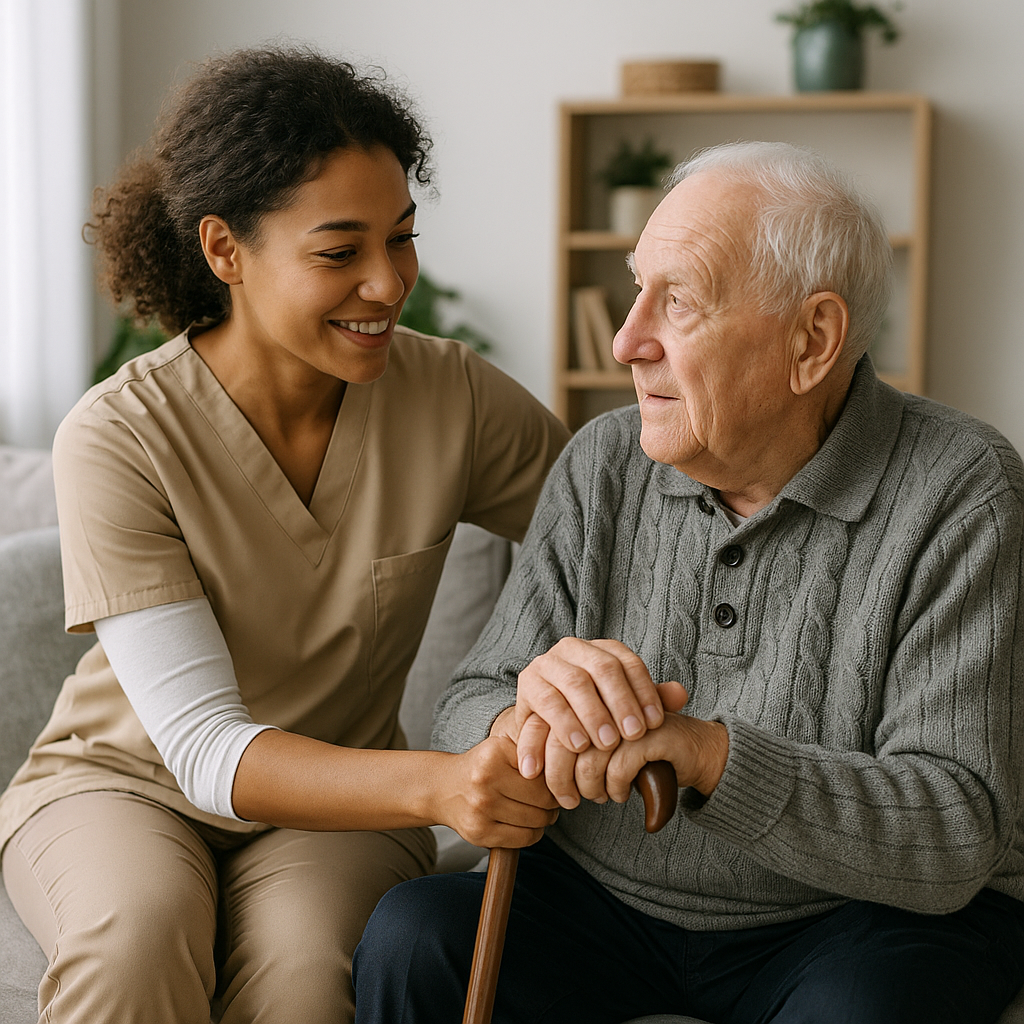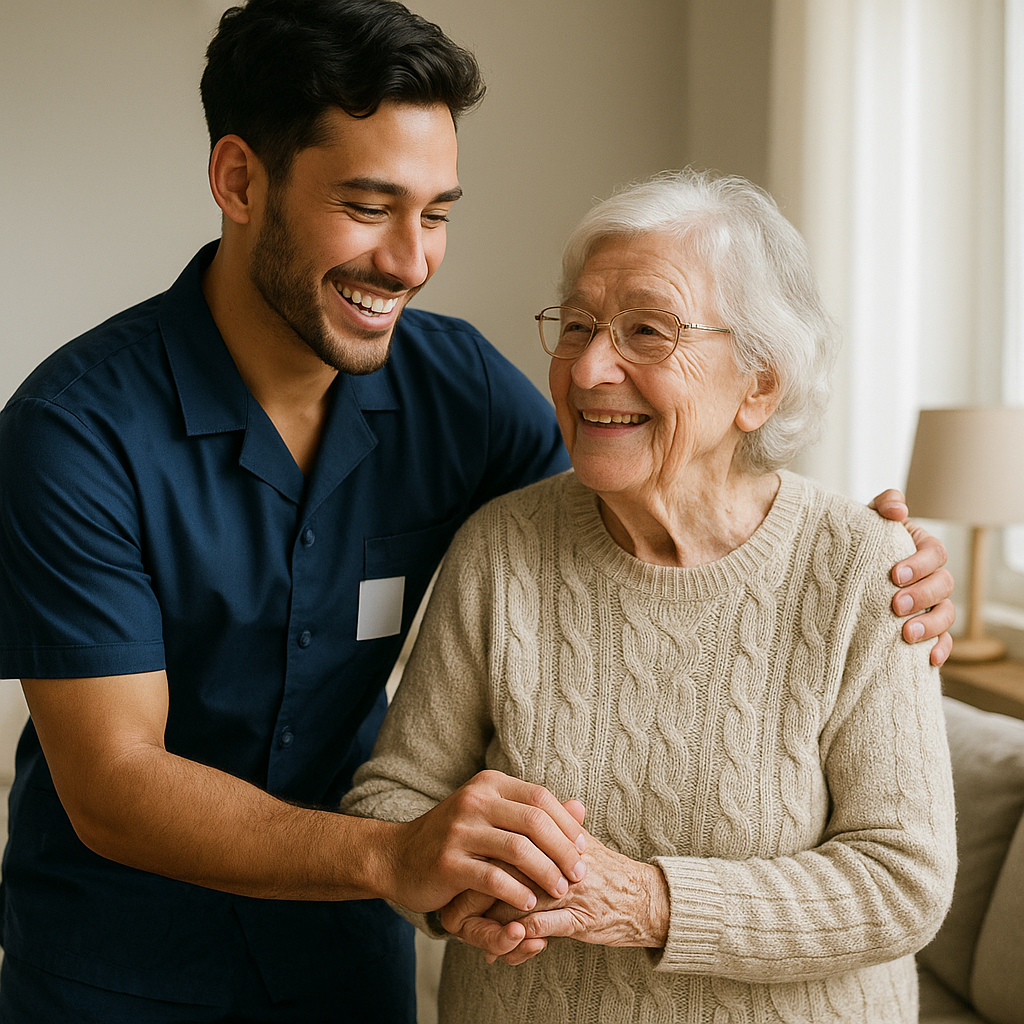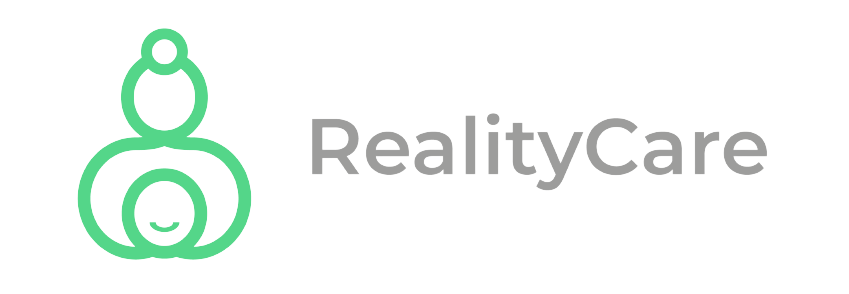Improving Hand Hygiene with Virtual Reality!


Objective
To evaluate the effectiveness of a virtual reality (VR) hand hygiene training program aimed at formal caregivers (nursing assistants) and informal caregivers in Colombia.
Methodology
A quasi-experimental design was used, with pre- and post-intervention assessments in two groups: informal caregivers (n = 121) and formal caregivers (n = 94). The intervention consisted of three 15-minute VR training sessions that provided immersive practice with immediate feedback on hand hygiene technique. The evaluation was conducted before and after the training and included:

A) Correct Technique (Pre vs Post)
Identification of errors in the hand hygiene technique performed by the participant

B) Handwashing Duration
Measured in seconds to assess the level of thoroughness and attention during the hygiene

C) Knowledge 5-item questionnaire
Used to evaluate theoretical understanding of key aspects of hand hygiene practices

D) Acceptability of VR
Participants rated the VR hand hygiene training as highly helpful, relevant, and engaging.
Participants

C) Knowledge 5-item questionnaire
Used to evaluate theoretical understanding of key aspects of hand hygiene practices

D) Acceptability of VR
Participants rated the VR hand hygiene training as highly helpful, relevant, and engaging.
Formal Carers

Infomal Carers

Results
A quasi-experimental design was used, with pre and post-intervention assessments in two groups: informal caregivers (n = 121) and formal caregivers (n = 94). The intervention consisted of three 15-minute VR training sessions that provided immersive practice with immediate feedback on hand hygiene technique. The evaluation was conducted before and after the training and included:
A) Correct Technique (Pre vs Post)
After the intervention, the percentage of correct execution increased significantly:
-
Among formal caregivers: from 26.6% to 97.9% (p < 0.001)
-
Among informal caregivers: from 9.9% to 95.9% (p < 0.001)
B) Average Handwashing Duration
The average time dedicated to handwashing also increased, reflecting greater care and thoroughness:
-
For formal caregivers: from 0.90 to 1.27 seconds (p < 0.001)
-
For informal caregivers: from 0.62 to 1.24 seconds (p < 0.001)
C) Knowledge (Score 0–5)
Scores on the knowledge questionnaire showed statistically significant improvements:
-
Among formal caregivers: increased from 4.50 to 4.60 (p = 0.022)
-
Among informal caregivers: from 4.50 to 4.73 (p < 0.001)
D) Acceptability of VR
76.7% of formal caregivers and 90.1% of informal caregivers rated the intervention as “very useful” or “extremely useful,” while only 1.8% of all participants rated it as “little or not useful.”

Email de contacto
